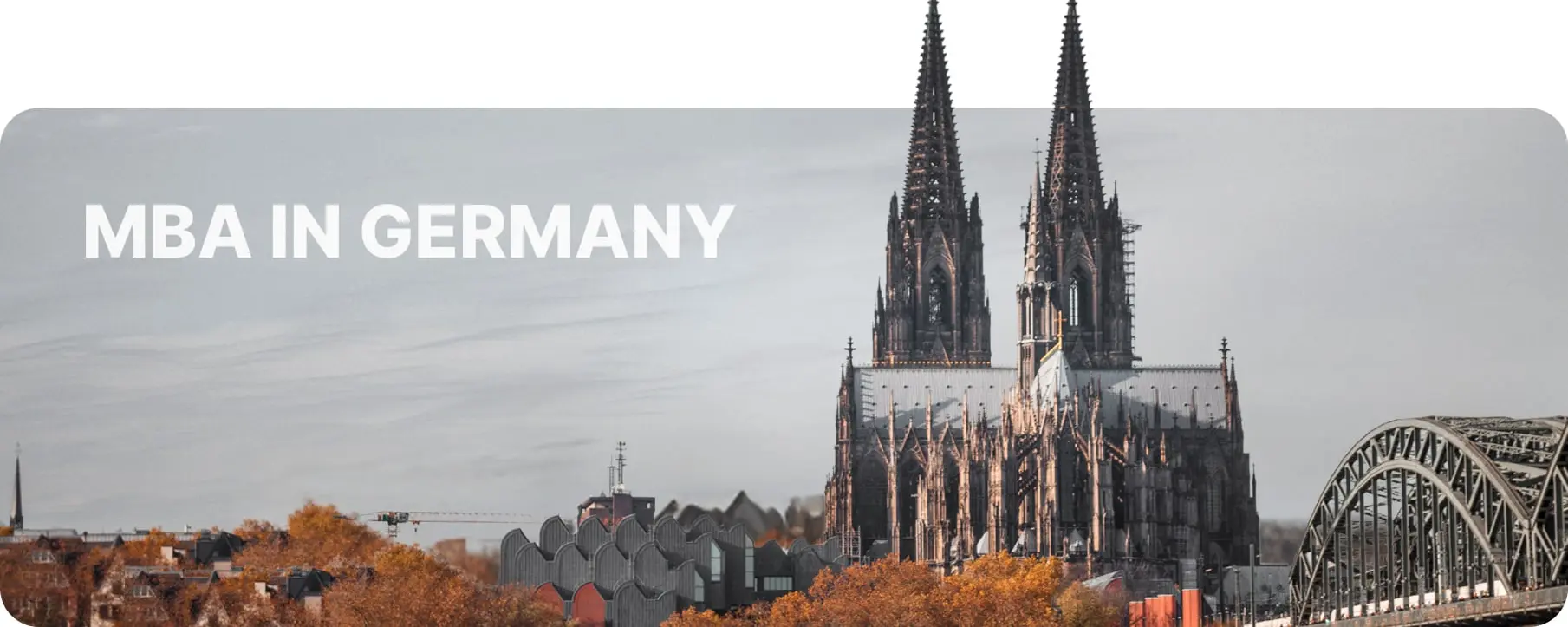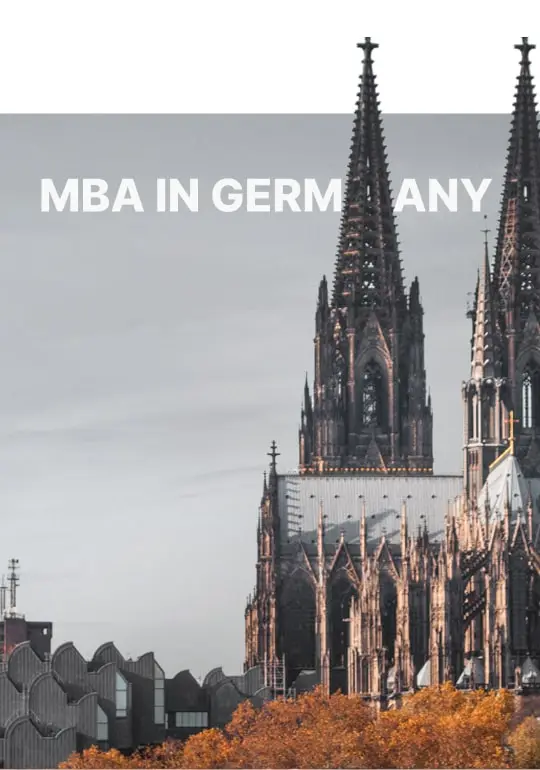Student life in Germany is diverse, with a strong emphasis on academics, personal growth, and social activities. Universities offer robust support networks to help international students settle into both their academic and social environments, ensuring a smooth transition to studying in Germany.
Work-Study Balance
International students can work up to 20 hours a week during the school term and full-time during breaks. While MBA coursework can be intensive, many students take part-time jobs or internships to gain local experience and manage living expenses while studying in Germany.
Accommodation Options
Students can choose from university dormitories, private apartments, or shared flats (WGs). Many MBA students prefer independent housing in major cities like Berlin or Frankfurt to stay close to business hubs while enjoying flexibility and comfort.
Cultural and Social Exposure
Germany is known for its multicultural environment, offering students a chance to participate in festivals, networking events, and business conferences. Universities also host clubs and social groups that make studying in Germany both fun and globally engaging.
Student Blogs & Vlogs
Many MBA students in Germany document their journeys through blogs and vlogs, sharing insights on academics, career development, and lifestyle tips. These firsthand accounts offer valuable guidance for future students preparing to study in Germany.











